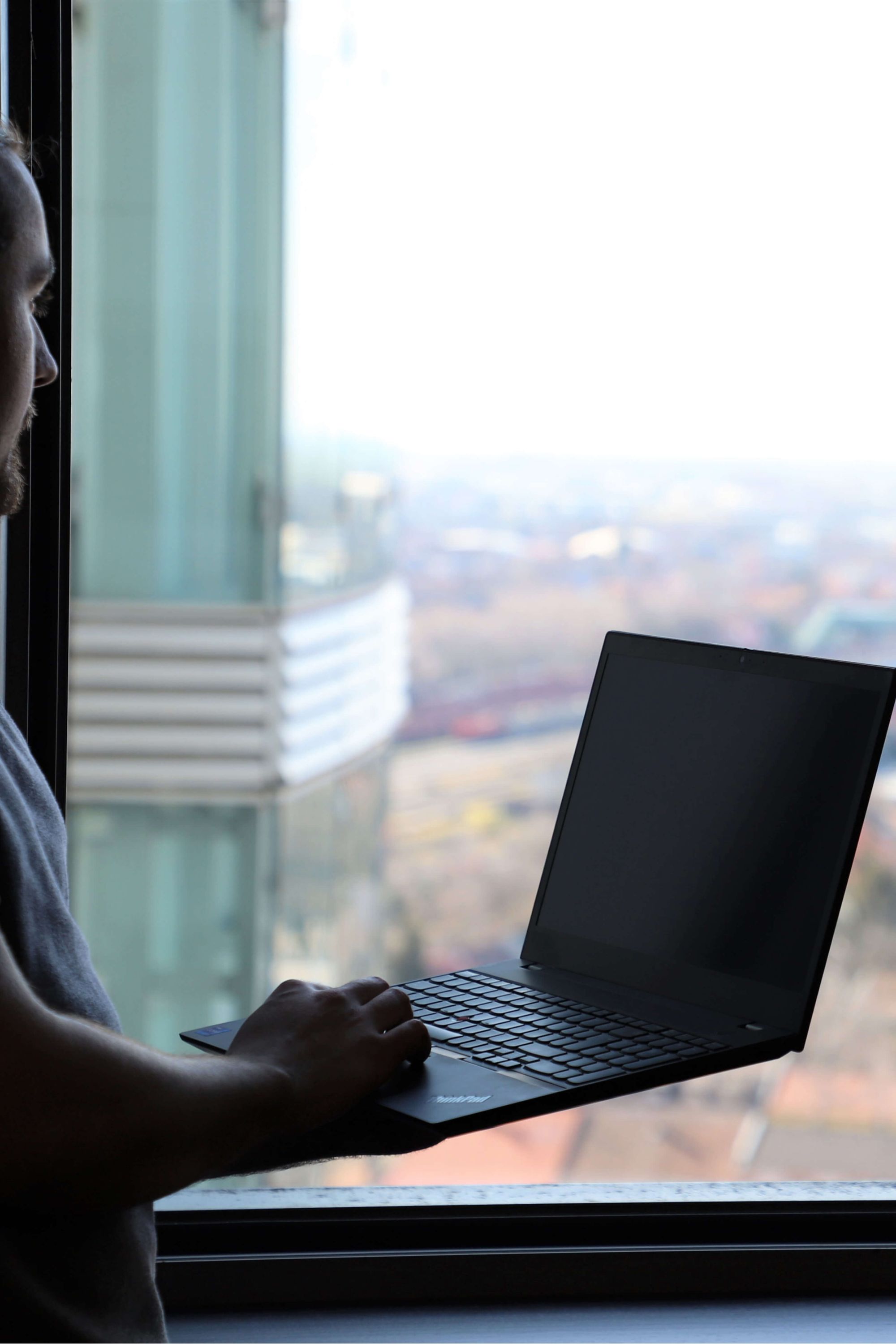Tips for Balancing Work and Personal Life
Read on to resolve a mystery troubling many: how to strike a balance between work and personal life.

Work-life balance is a key ingredient of your self-care and mental health. In this post-covid work environment, we are still trying to determine if we need to return to the office, work from home, or use a hybrid schedule.
There is an overwhelming amount of evidence that working long hours is harmful to both talents and companies. Still, the old assumptions are deeply rooted in society, and it can be hard to understand how you can be more productive if you are not working long hours.
Work-life balance is something that talents and companies should strive for because talents with a good work-life balance are motivated, efficient, and even more productive.
So, without further ado, let’s dive into this topic!
What Is Work-Life Balance?
The term "work-life balance" refers to the level of commitment between personal and professional activities in life. Also, it is the level to which job activities are present at home, whether it’s working off hours or just thinking about work when a person should be relaxing.
With the advancement of technology, this is becoming a topical issue. In the past, it was difficult, or even impossible, to take your work home. However, owing to COVID, the line between office and home working got even thinner as everyone who could work from home was doing so.
Some of the reasons for poor work-life balance are:
- working long hours
- increased responsibilities at work
- increased responsibilities at home
So, How To Improve Work-Life Balance?
The first thing that you need to understand is that there is no "perfect" work-life balance.
Joe is a person who loves to sleep in. Luckily, his job can be done remotely. That is why Joe wakes up at 07:30, walks to his Macbook, and starts his work day. Since he is paid per project, after 6 hours, all of his work is done for the day. Then, after turning off his laptop, he leaves the house to join his friends for a quick lunch. He has just enough time to go to the store and get to his grandmother's 70th birthday party.
For most workers, this scenario looks impossible, and due to the nature of their job, it seems as if it never will be possible. Most people have their morning commute, daily meetings, and other work-related obligations.
Most people are more familiar with being stuck in a morning commute.
So, imagine this scenario:
Ann loves weekends. Staying in bed while snow falls outside is so romantic and cozy for her. But unfortunately, the day is Monday, and she has to wake up before dawn on a very cold January day. Barely catching her train, risking losing her job for extra 10 minutes of sleep, she enters the office just in time. Sipping her coffee, she stops and talks to her colleagues and starts working 10 minutes later.
After working for a few hours and entering "the zone", she is called to an hour-long meeting. Naturally, it was the type of meeting that could have been just an e-mail. Returning to the office, she finds notes with questions about the project that should have been done two days ago. Great, it’s time to work an extra few hours of overtime. Too bad it was one of the few occasions when she planned to go out with friends, but now they will have to hang out without her at the bar.
To help you with your daily struggles such as this one, you can introduce changes to how you organize and manage your time.
Since we already wrote about working from home and all the good and bad sides, we won't go into too much detail.
We will focus more on the other cases affecting your work-life balance.
Divide your work into chunks
Most of the work-life balance issues result from unoptimized workload organization on the project. Try to organize the project into manageable chunks, no matter how big or small. Once you know how long it will take, try to calculate all the "extra time" (meetings, potential hiccups you might find, etc.). You will feel accomplishment and control if you complete your daily goals.
So make yourself a "To do" list and try to keep up with it.
Don’t skip breaks
An important part of your job is to remain stress-free as much as possible. Making a plan should help, but what to do when you get stuck?

One of the options is to just stare at the monitor and pretend to work; what would your colleagues or boss think if they saw you doing that? The other and more reasonable decision would be to take a short break. They are here to boost your morale, increase productivity, allow you to reflect on your current task, and in some cases, improve creativity.
It happened to everyone. You just returned home after a long and frustrating day at work, where you felt stuck and wasted way too much time without finding the solution to the problem. And once you start eating, it hits you. Not the too-hot soup, but the simple solution that would have saved you hours earlier today.
Studies show that those who have some distractions once an hour perform better than those who just work without a break. Our brains are not machines, and they get numbed out after constant stimulation. Therefore we are not able to continuously treat the task as important. Quick break renews our energy and boosts our creativity.
What Are Some of the Things You Can Do Outside Work?
Now, when your day is over, you are hopefully left with some time to spend on yourself and not think of work. Hobbies are a way for you to focus on yourself and your growth as a person. You might think: "After a long day, I do not have time to spend several hours on some hobby," and you are probably right.
But hobbies do not have to be time-consuming.
It was probably a while since you read something for fun. Not to help you grow at your job, not to inform you about current events, just something you decided to read for relaxation. Reading is a hobby that can easily be picked up. So, compile your "To read" list and start shopping for those books, or if it sounds like too much of an investment, a local library might be a great place to start.
Another quick but relaxing hobby is indoor gardening. And no, placing a plant from the store on a windowsill is not gardening. To start this hobby, we recommend you arm yourself with some knowledge (a book might be a good start) for a specific "victim" (i.e., plant) you choose to begin with. It might not be perfect the first time you try it, but it can be a very fulfilling experience once you succeed.
Hobbies are here to stop burnout and all the physical problems that come with it. Overworking does not only happen to you while you are working. It can also happen if you use your free time at home to think about what you could have done better or what you need to do tomorrow and how you will tackle it.
That counts as work too, you know. Here are some more ideas for relaxing hobbies from Kentucky Counseling Center.
Don’t Worry, Even Rome Wasn’t Built in a Day
Let’s be honest: work-life balance cannot be accomplished in a day. Instead, it is a cycle in which you must continuously improve, adapt and overcome all challenges thrown your way.
If you feel overwhelmed, it can feel like nothing in the world can help you. Do not let it happen to you.
Instead, find the time for all the important people in your life, and remember to take a break every once in a while. On this journey to harmonious life, the real balance might present itself in the form of the caring people you found along the way.
